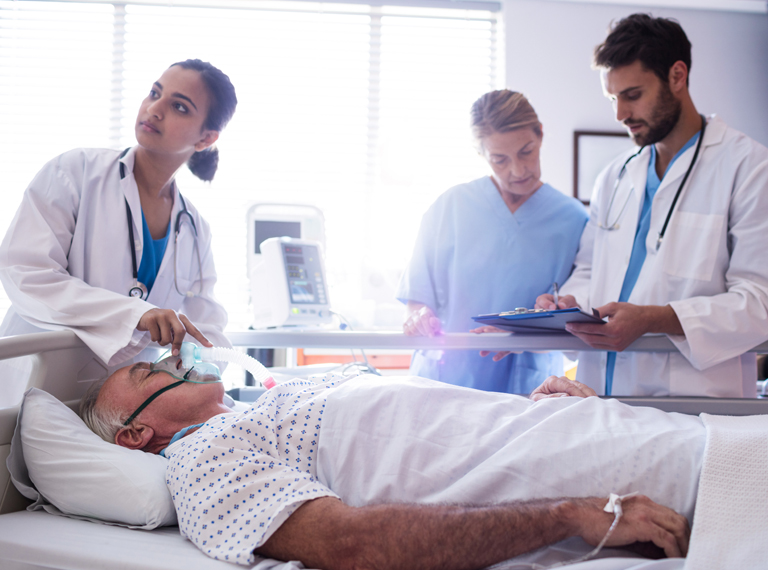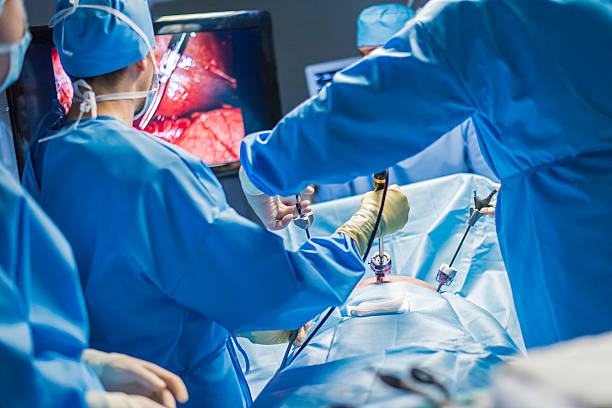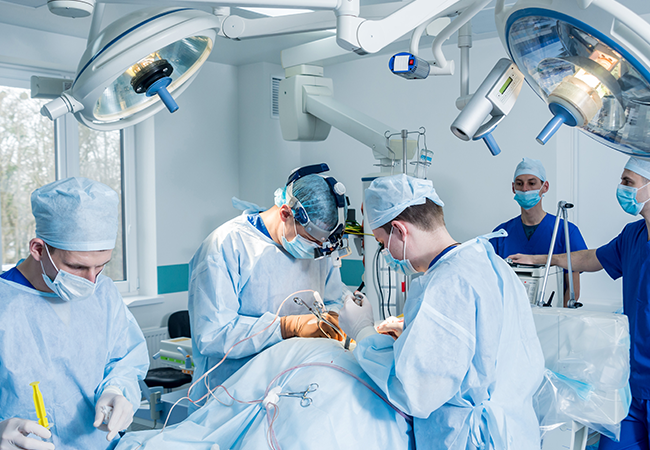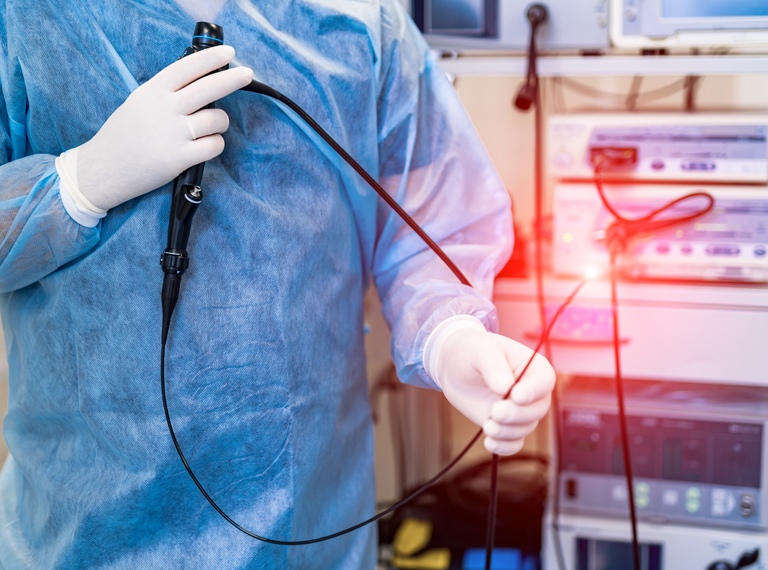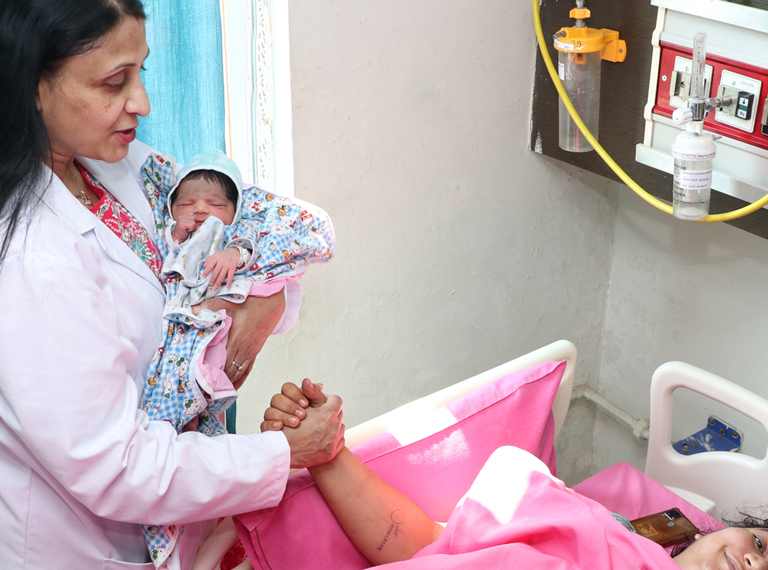trauma is an emotional response to a terrible event like traffic collisions, bullying, life threatening illnesses, sudden loss of loved ones, being kidnapped, act of terrorism, natural disasters trauma as a response to any event they find physically, emotionally threatening or harmful. A traumatized patient can feel a range of emotions both immediately after the event and in long time. Symptoms of Trauma .
Intrusive thoughts and memories
Hypervigilance
Unhealthy coping behavior
Loss of interest
Surgery that is done using small incisions (cuts) and few stitches. During minimally invasive surgery, one or more small incisions may be made in the body. A laparoscope (thin, tube-like instrument with a light and a lens for viewing) is inserted through one opening to guide the surgery.
General surgery is a surgical specialty that focuses on alimentary canal and abdominal contents including the esophagus, stomach, small intestine, large intestine, liver, pancreas, gallbladder, appendix and bile ducts, and often the thyroid gland.
rauma is an emotional response to a terrible event like traffic collisions, bullying, life threatening illnesses, sudden loss of loved ones, being kidnapped, act of terrorism, natural disasters trauma as a response to any event they find physically, emotionally threatening or harmful. A traumatized patient can feel a range of emotions both immediately after the event and in long time. Symptoms of Trauma .
Intrusive thoughts and memories
Hypervigilance
Unhealthy coping behavior
Loss of interest
Gastroenterology is the study of the normal function and diseases of the esophagus, stomach, small intestine, colon and rectum, pancreas, gallbladder, bile ducts and liver.
High-quality universal newborn health care is the right of every newborn everywhere. Babies have the right to be protected from injury and infection, to breathe normally, to be warm and to be fed. All newborns should have access to essential newborn care, which is the critical care for all babies in the first days after birth. Essential newborn care involves immediate care at the time of birth, and essential care during the entire newborn period. It is needed both in the health facility and at home.
Essential newborn care includes:
Immediate care at birth (delayed cord clamping, thorough drying, assessment of breathing, skin-to-skin contact, early initiation of breastfeeding)
Thermal care
Resuscitation when needed
Support for breast milk feeding
Nurturing care
Infection prevention
Assessment of health problems
Recognition and response to danger signs
Timely and safe referral when needed
Medicine is the science and practice of establishing the diagnosis, treatment and prevention of disease. It encompasses a variety of health care practices evolved to maintain and restore health by the prevention and treatment of illness. Conventional modern medicine is sometimes called allopathic medicine. It involves the use of drugs often supported by counseling and lifestyle measures.
Orthopedic surgery or orthopedics, is the branch of surgery concerned with conditions involving the musculoskeletal system. Orthopedic surgeons use both surgical and nonsurgical means to treat musculoskeletal trauma, spine diseases, sports injuries, degenerative diseases, infections, tumors, and congenital disorders.
Radiology also called diagnostic imaging is a series of different tests that take pictures or images of various parts of body. It helps to diagnose and treat diseases within the bodies of humans and including animals. Many of these tests are unique in that they allow doctors to see inside the body. A number of different imaging exams can be used to provide this view including X-Ray, MRI, ultrasound, CT scan and PET scan.


